broadband
Latest
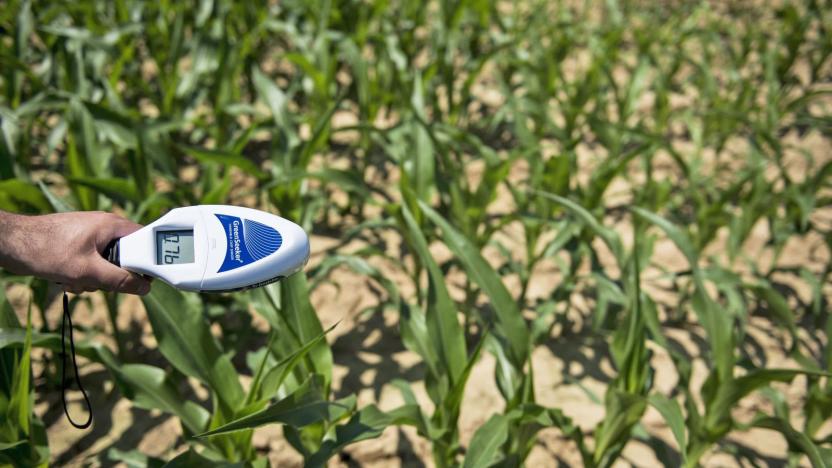
FCC task force will help connect farms and ranches
Today, the FCC announced a task force meant to support the deployment of broadband across unserved farms and ranches. The Precision Ag Connectivity Task Force will work with the US Department of Agriculture and public and private sector stakeholders. It will be responsible for developing policy recommendations for rural, agriculture-focussed broadband. "As I've traveled the country, I've seen the amazing efficiencies, innovations, and improvements that high-speed Internet brings to today's farms and ranches," said FCC Chairman Ajit Pai. " ... This is the present and the future of American agriculture, and we must do whatever we can to support these producers and enhance precision agriculture."

T-Mobile and Sprint make promises to clinch FCC's merger approval
T-Mobile and Sprint are still determined to secure a merger, and they've just made a fresh round of promises to win regulators' hearts. The carriers have made new commitments to the FCC that would guarantee wider access to high-speed mobile internet and home broadband, not to mention address concerns about a lack of competition. They've vowed to deploy 5G service that covers 97 percent of the US population within three years of an approved merger, and 99 percent in six years. About 90 percent of Americans would have mobile internet at speeds of "at least" 100Mbps, while 99 percent would have speeds of 50Mbps or more.

Elon Musk shows SpaceX's first internet satellites ready for launch
This might be your best chance to get a peek at SpaceX's Starlink internet satellites before they're hurtled into orbit. Elon Musk has posted a photo (below) of the first 60 production satellites packed into the fairing of a Falcon 9 rocket ahead of their launch this coming week. As you can tell, the housing is stuffed to the gills -- Musk added that the satellites are "flat-packed," without the dispenser you might expect for some missions.
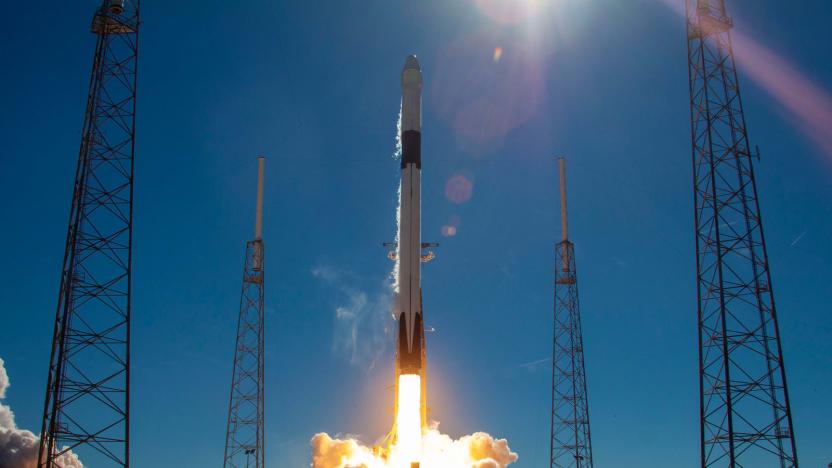
FCC clears SpaceX to fly internet satellites in lower orbit
SpaceX is one step closer to fulfilling its plans of launching a host of internet satellites. The FCC has approved its revised plan that would fly over 1,500 of its Starlink satellites at a lower orbit of 'just' 550km (about 342 miles). The move clears the path for an initial Starlink launch "no earlier than" May, the company said. Theoretically, the lower flight path allows coverage with fewer satellites, lowers latency and reduces the chances of space debris.

Microsoft says FCC data on improved broadband coverage is misleading
It's a well-known fact that large swathes of the US remain without broadband connectivity -- indeed, some $22 billion has been poured into closing this gap over the past five years. However, exactly how many Americans are going without is up for debate. As a new blog post by Microsoft explains, "official" data from the Federal Communications Commission (FCC) can't be trusted.

Trump asks for $9.6 billion to bolster cybersecurity in 2020 budget
President Donald Trump has revealed his proposed budget for the 2020 fiscal year, which "supports the creation" of Space Force (USSF) as the sixth branch of the armed forces. The White House also hopes to bolster cybersecurity and NASA exploration missions.

FCC allocates $67 million to boost rural broadband adoption
The FCC is acting on its promise to pour more money into rural broadband. The regulator has formally offered an additional $67 million to 207 rural carriers through the Connect America Fund on the condition they "significantly expand" access to service with at least 25Mbps downloads and 3Mbps in uploads. If you ask the FCC, this could speed up internet access for as many as 110,000 households across 43 states.
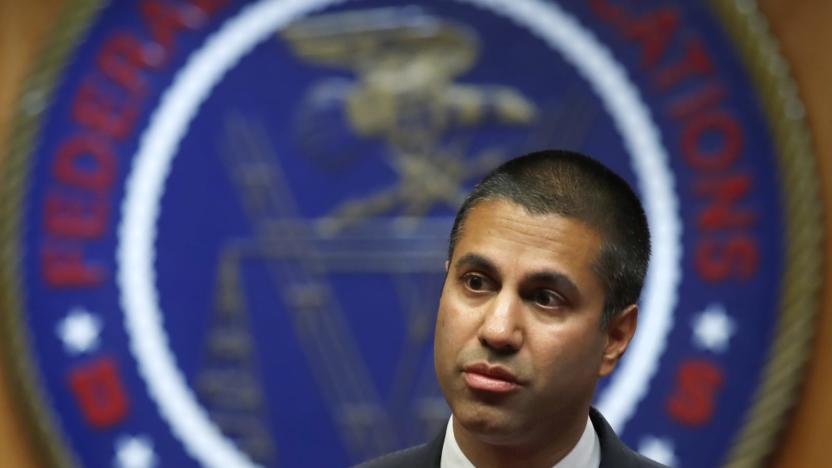
FCC claims rural broadband access is improving
In a draft of its annual Broadband Deployment report, the Federal Communications Commission says the so-called digital divide is narrowing. Millions more Americans have access to modern broadband connectivity, particularly in rural regions. As such, the report suggests broadband "is being deployed on a reasonable and timely basis."

US government lays out strategy to speed up rural broadband deployment
The US government has unveiled a strategy called the American Broadband Initiative (ABI), which aims to speed up broadband deployment and bring faster, reliable internet access to tens of millions of Americans who don't yet have it. More than federal 20 agencies are involved with the project, which follows President Donald Trump signing an order last month to promote rural broadband.
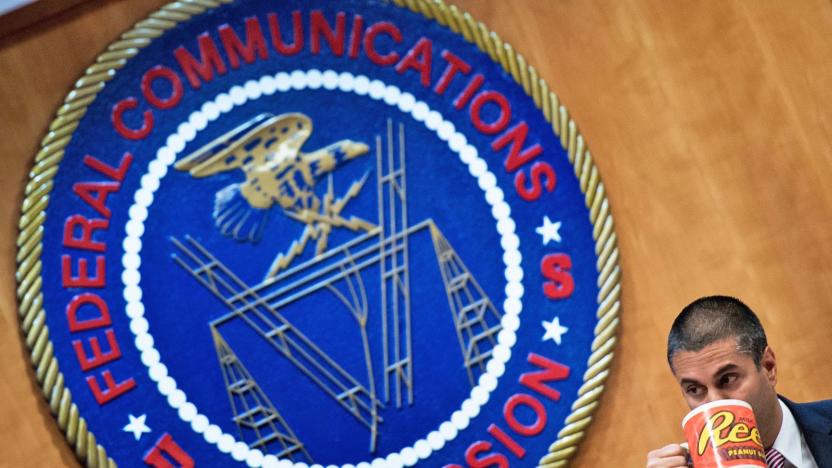
FCC loses bid to cut tribal broadband subsidies
Things definitely aren't going the FCC's way this week. A federal appeals court has reversed the FCC's attempt to cut broadband subsidies in tribal lands, citing both a lack of supporting evidence as well as a lack of considerations when making the decision. The regulator didn't show how pulling the $25 Lifeline discount would lead to carriers filling the void like it claimed, according to the ruling. It also didn't acknowledge that resellers were leaving the program, and didn't factor in the potential loss of access to internet service or the wireless rollout data related to the services they use.
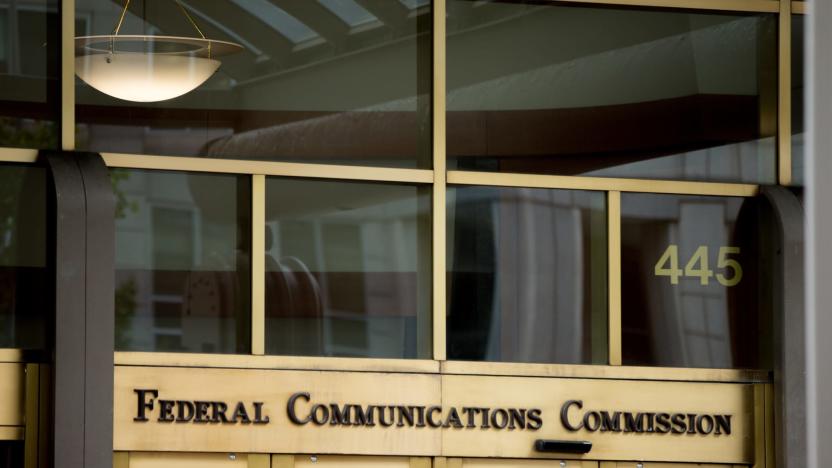
FCC offers $67 million more per year for rural broadband programs
The Federal Communications Commission announced today additional funding to its Connect America Fund dedicated to expanding broadband internet service to rural communities. The agency will make available $67 million more per year than originally earmarked for the project. The funds could bring high-speed internet connections to more than 100,000 additional households and businesses, per the FCC.

Microsoft says the rural broadband divide is worse than you think
Politicians and regulators like to say they're increasing access to broadband in rural areas, but the reality might be far less rosy. Microsoft has conducted a study showing that far fewer Americans have broadband access than FCC data suggests. While the FCC is currently focused on availability and notes that 24.7 million people can't get fast internet service, Microsoft determined that 162.8 million people don't use broadband service, 19 million of them in rural areas. The gaps are sometimes glaring. In Washington's Ferry County, only 2 percent of people have broadband where the FCC claims it's available to the entire region.

Mobile internet is faster than WiFi in 33 countries
It's tempting to assume that a good WiFi hotspot will outpace modern cellular data, but that's not necessarily true -- in some countries, WiFi might be more of a pain. OpenSignal has conducted a study showing that mobile data is faster on average than WiFi hotspots in 33 countries, including multiple African, European, Latin American and Middle Eastern nations. And the differences are sometime gigantic. You'll typically have an advantage of 10Mbps or more in places like Australia, Oman and the Czech Republic, while multi-megabit advantages are common in places like Austria, Iran and South Africa.

Samsung's new phone processor has hardware for on-device AI
Samsung has announced its latest system-on-chip (SoC), the Exynos 9 Series 9820 processor, geared specifically towards managing on-device artificial intelligence applications. Unlike its predecessors, this processor contains an AI-accelerator, or NPU, that means AI-related processing can be carried out directly on the device, rather than sending the task to a server. This adds up to seven times faster performance.
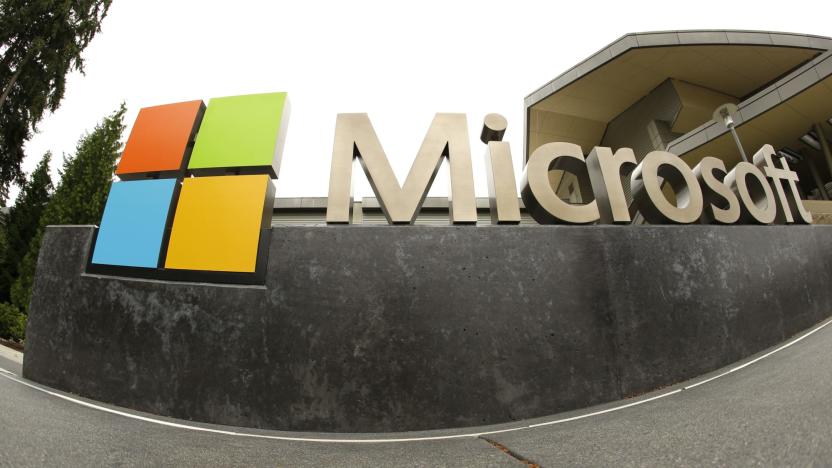
Microsoft helps bring broadband internet to rural tribal lands
Microsoft announced today that it is partnering with Native Network to deliver broadband internet access to unserved rural communities in Washington and Montana. The effort will reach about 73,500 people living in and around the Flathead Reservation in Montana and the lands of Lummi Nation and Swinomish Tribe in Washington.

Verizon switches on 'world's first' commercial 5G network
Verizon has announced the start of its "First on 5G" program, which the company says is the world's first commercial fifth-generation network. The program is only live in parts of Houston, Indianapolis, Los Angeles and Sacramento for now.

Canada launches fund to guarantee faster broadband in rural areas
Canada's CRTC set an aggressive target for the minimum definition of broadband in rural areas, but now appears to have backed off a bit, at least to start. With the launch of the $750 million Broadband Fund, it has set the minimum speed at 25 Mbps download and 5 Mbps uploads, exactly half the speed target of 50/10 Mbps it set earlier. The regulator said that the revised goals would "result in projects covering underserved areas that would deliver a broadband Internet access service that the majority of Canadians use today."

Court blocks FCC from cutting broadband subsidies in tribal lands
The FCC has hit a snag in its plan to curb broadband subsidies for low-income homes. A DC appeals court has issued a stay order temporarily blocking the regulator from limiting the $25 monthly Lifeline subsidy in tribal lands, arguing that native groups and small carriers are likely to win their case opposing the cuts. The court agreed with plaintiffs that the FCC's move would likely lead to a "major reduction, or outright elimination" of vital communication for many tribal residents, and "substantial, unrecoverable losses" for providers that might lead to them going out of business.

Microsoft will help expand rural broadband in Ohio
Tens of millions of Americans, especially in rural areas, still don't have access to broadband internet. As part of its five-year plan to help close that gap, Microsoft is partnering with telecoms company Agile Networks to roll out broadband access to 110,000 people in rural Ohio. The companies will also expand access in underserved areas over the next four years, and say that more than 900,000 people could benefit overall.
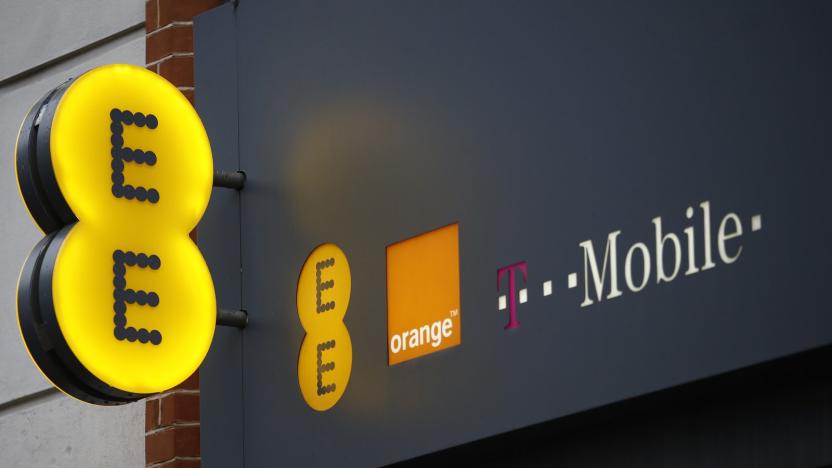
New rules are killing deceptive broadband ads in the UK
Nearly every telecom in the UK has reduced advertised broadband speeds thanks to new rules, according to consumer watchdog Which?. Until recently, telecoms were allowed to brag about peak speeds that were available to only one in ten users. Last year, however, the Advertising Standards Association (ASA) ordered them to show average speeds available to half of all customers at peak hours. As a result, the cheapest packages now show speeds of 10 or 11 Mbps, rather than "up to 17 Mbps" -- a 41 percent drop.






